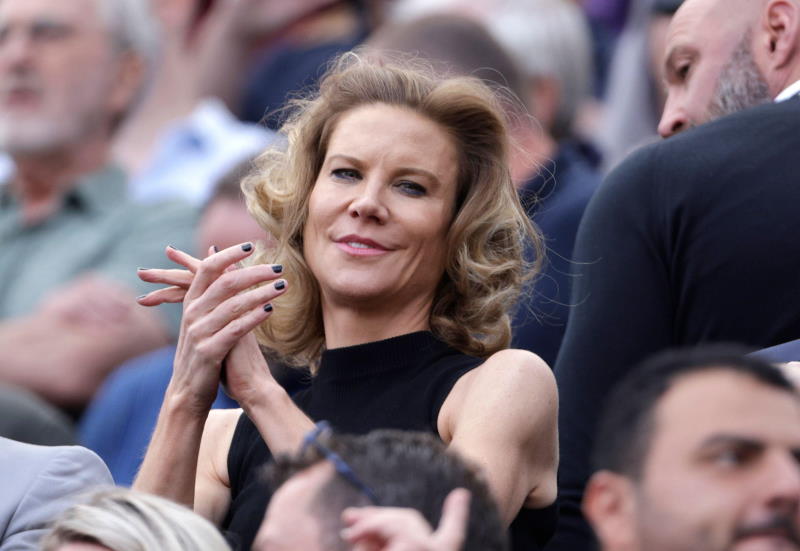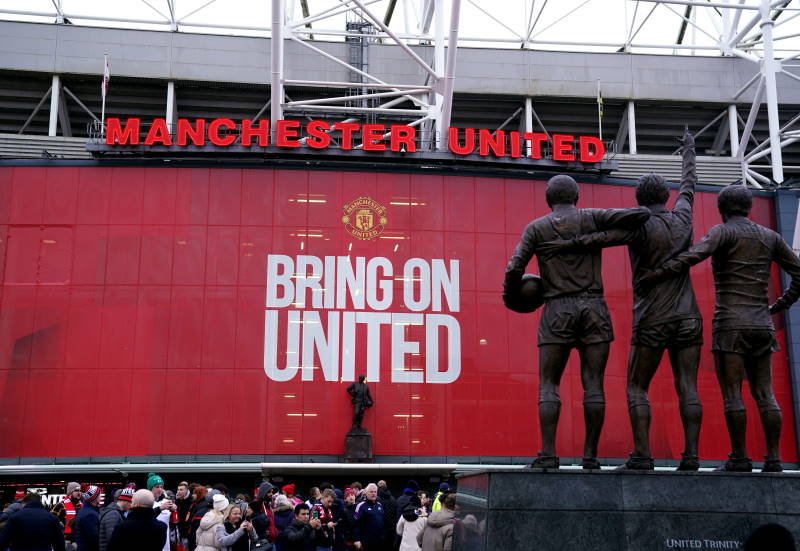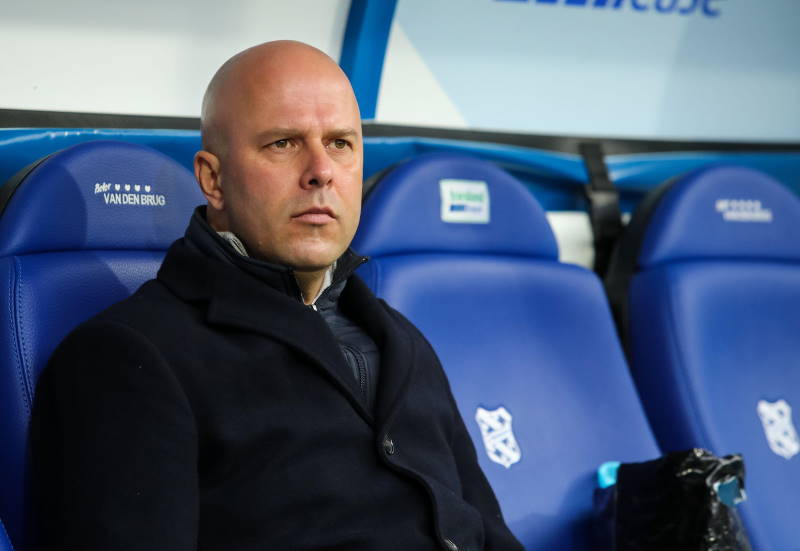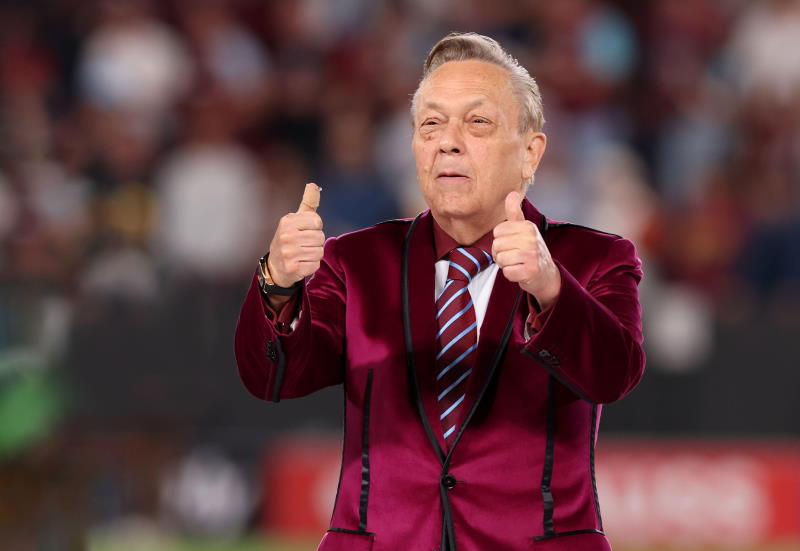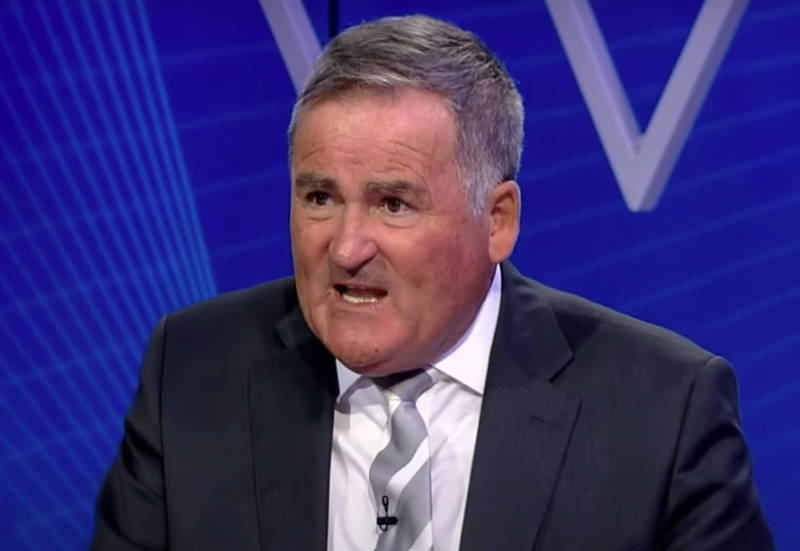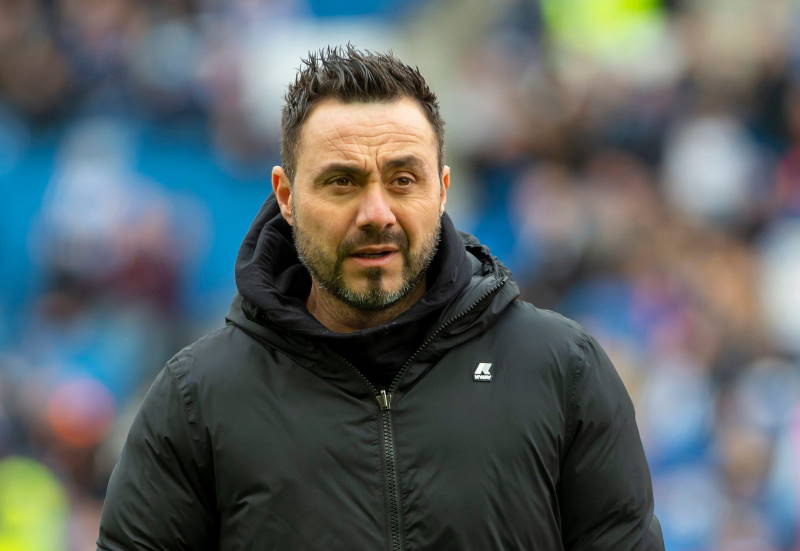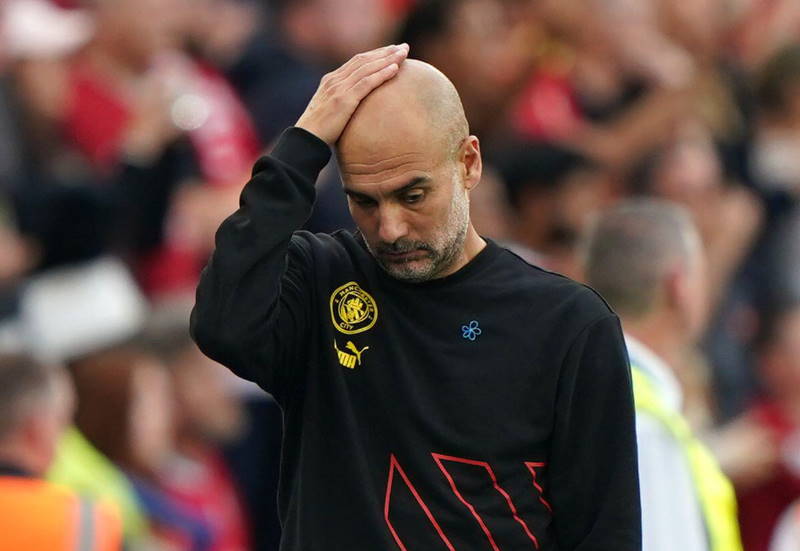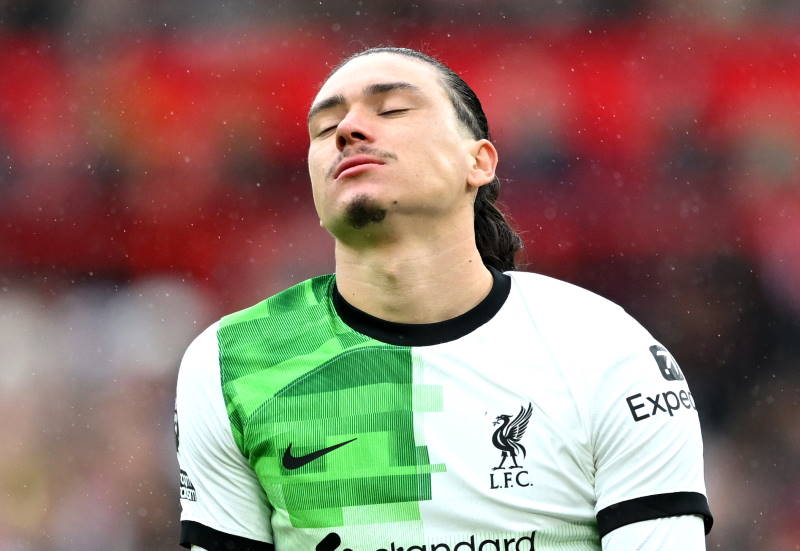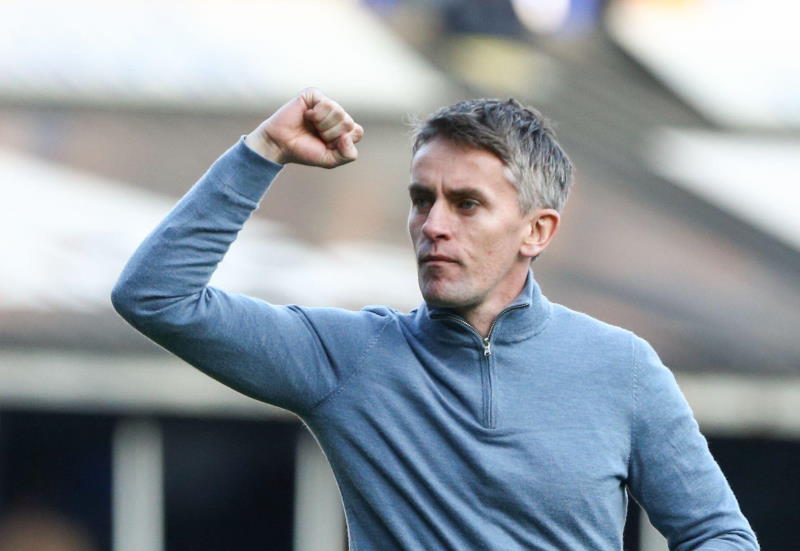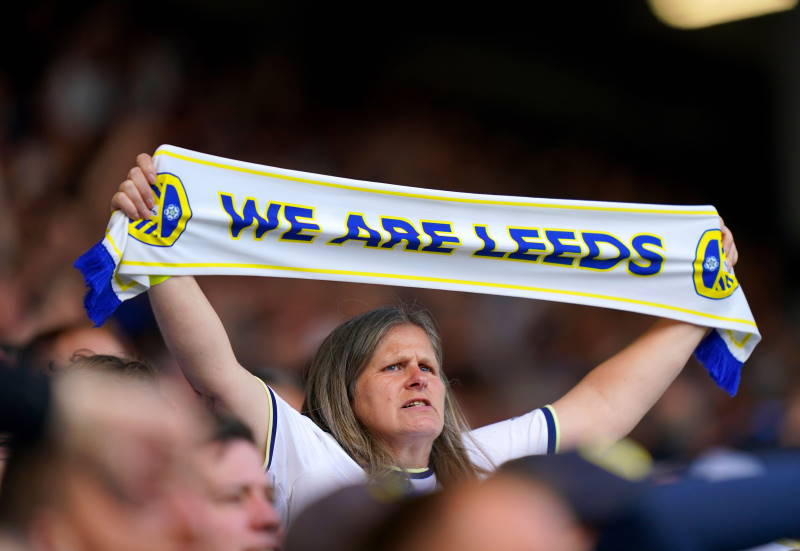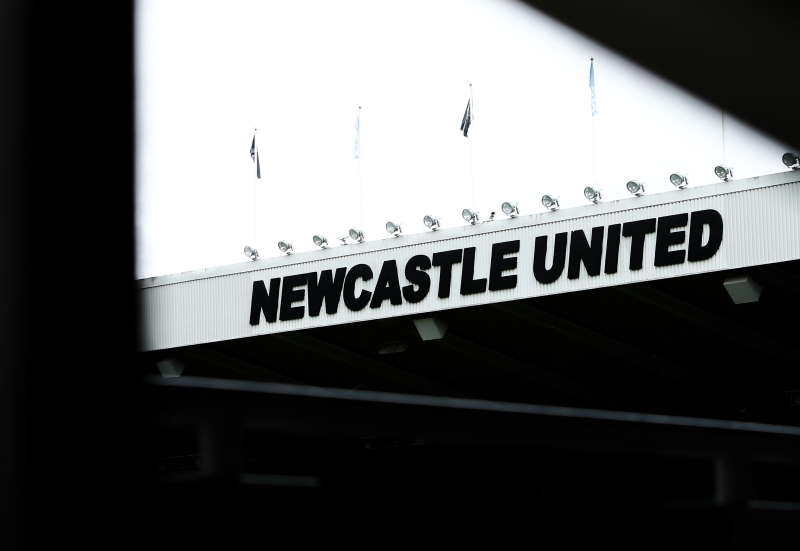
Alec Cordolcini
When Blaise Nkufo landed in Enschede in the summer of 2003, the local club FC Twente were nothing more than a solid mid-table outfit with a whole host of problems, both on and off the pitch. During that season, the Tukkers were heading out of business, as the club’s mother corporation (FC Twente ’65 Corporation) was declared bankrupt. The team, at that time led by Belgian coach Rene Vandereycken, played such unattractive football that the local press had labelled them the “Catenaccio boys”.
Nkufo arrived at Twente from German side Hannover, and the Swiss forward was much-travelled. His professional career was littered with ups and downs, impressive seasons with Yverdon (12 goals in the Swiss second tier in 1996/97), Lausanne (18 goals in 1997/98), Lugano (14 goals in 1999) and Mainz (14 goals in the 2. Bundesliga in 2001/02), were mixed with disappointing spells at Grasshopper, Luzern and Hannover.
Seven years later Nkufo played his last game for Twente, at NAC Breda’s Rat Verlegh Stadium. It was not one of his best, but surely was his most important, as the Reds beat their hosts 2-0 and won their first ever Eredivisie title. Despite an afternoon of high pressure, Steve McClaren’s side handled the nervousness of starting the day just one point ahead of giants Ajax, and left Breda as champions.
It was quite an achievement from Nkufo and co. For the first time in Dutch history, two years have passed without either Ajax, Feyenoord or PSV Eindhoven becoming champions – AZ Alkmaar picked up the trophy last year. Steve McClaren meanwhile became only the second English coach to pick up the title, after Sir Bobby Robson. Nkufo can’t sit around celebrating all those facts though, because, Twente’s all time top scorer (114 goals in 223 Eredivisie games) is heading to the MLS and Seattle Sounders once the World Cup has ended.
The Swiss striker has played a vital role in the rise of the Tukkers from mid-table mediocrity to the country’s best, having been their leading scorer for six consecutive seasons – this time around Nkufo was pipped to the post by Cosa Rica forward Bryan Ruiz. His best performance came with back to back seasons of 22 goals in 2006 and 2007, and he has never failed to register numbers in the double digits. Indeed, the title is a just reward for seasons of hard slog. “This is the second domestic title I’ve won”, said Nkufo. “In 1996 I claimed the Qatar Stars League with Al Arabi. I played there for half a season, because I couldn’t stand to waste my time in the Swiss third division. However, triumphing in the Eredivisie tastes totally different.”
Born in Kinshasa, the capital of the former Zaire (now the Democratic Republic of the Congo) on 25th May, 1975, Nkufo fled to Switzerland with his family when he was just seven. His father, a nurse, took flight from the regime of dictator Joseph Mobutu Mobutu and a country in strife, and settled in Lausanne. One of Nkufo seniors’ first acts was to change his son’s name from Isetsima to Blaise. His child liked football, and began to play the game at 13 with Ouchy, an amateur club from a popular lakeside resort located south of the city. Nkufo senior however, constantly taught his son to put culture above the game.
Today, Blaise Nkufo is a rarity in the world of football. The Swiss striker doesn’t give many interviews to the press, but when he does, most of the time could be spent talking about religion, philosophy and sociology. Nkufo enjoys playing chess and reading the books of countryman Jan Ziegler, a former professor of sociology who works for the United Nations on the Human Rights Council Advisory Committee.
In August, 2002, just a few hours before a friendly between Switzerland and Austria, Nkufo left the “Nati” and headed home. “You don’t let me play because I’m black”, he said to coach Kobi Kuhn. Then he stepped away.
“Racism is still creeping through Europe”, said Nkufo. “As a black man I had to work twice as hard in Switzerland to have my chance in the spotlight. Switzerland is a good country to live in, but immigrants don’t have an easy life however. If the police see two black men driving a big car, you can be sure they’ll stop them. Ask my father for example how many times it has happened. I can’t deny I had problems during my first few years, but I’ve met a lot of good people too. Then though, I’ve also met people who prefer to have a good foe instead of a good friend”.
Kuhn – replaced by Ottmar Hitzfeld in July 2008 – brought Nkufo back into the team five years later, just a few months before the start of Euro 2008. “With Kuhn I had a talk on the phone and now everything is okay with him”, he explained. However, a couple of weeks before the tournament got underway, an injury ruled the striker out. Now, at 35 years old, the World Cup in South Africa will be his last chance to enjoy a big international competition. Few would argue against the thought that Nkufo deserves it, having been key to Switzerland’s passage to the World Cup, scoring five goals.
Since 2009, Nkufo’s wife and two children have been in Canada, settling into life in Vancouver. The striker will join his family after the World Cup, and their location is one of the reasons he chose to join Seattle Sounders. At Qwest Field there are big expectations surrounding Nkufo’s arrival. He knows how to hold the ball up, create space, and, most importantly, put the ball in the net. But what’s perhaps the most special about Nkufo is not just that he knows how to win, he knows how to think too.

